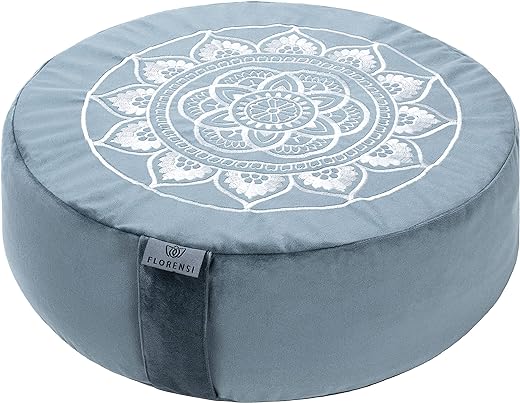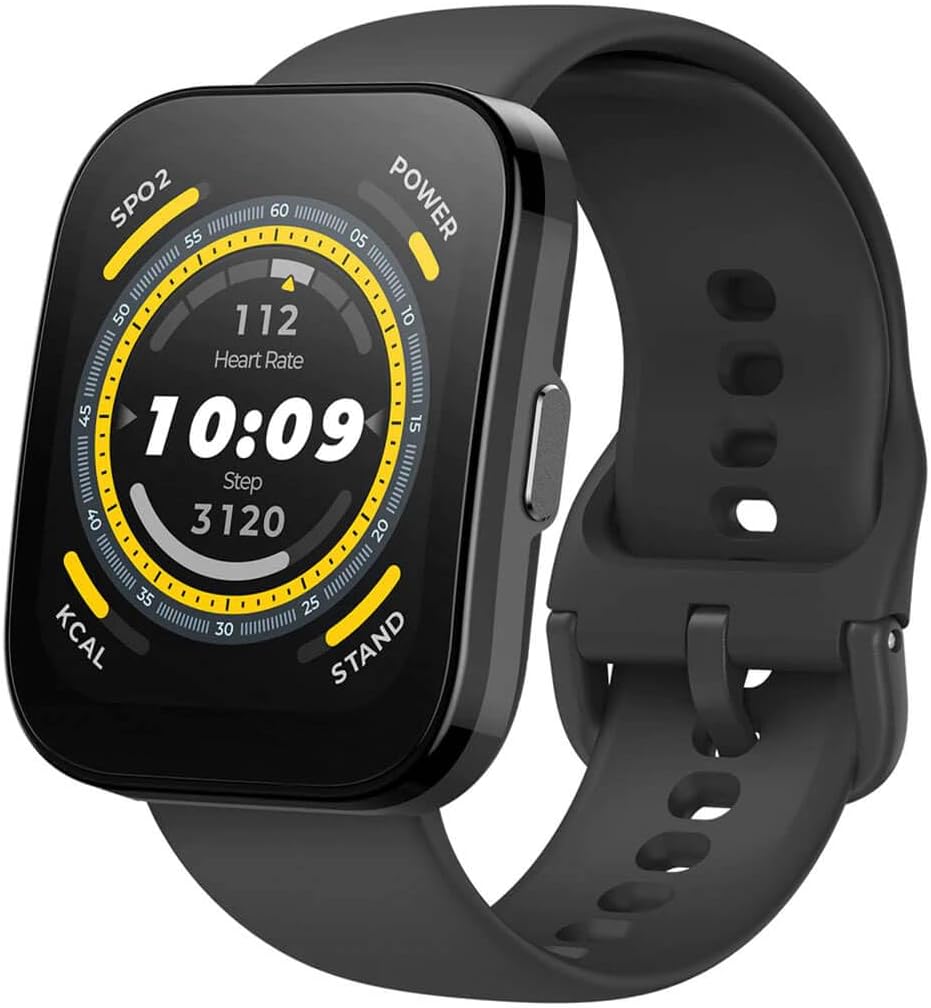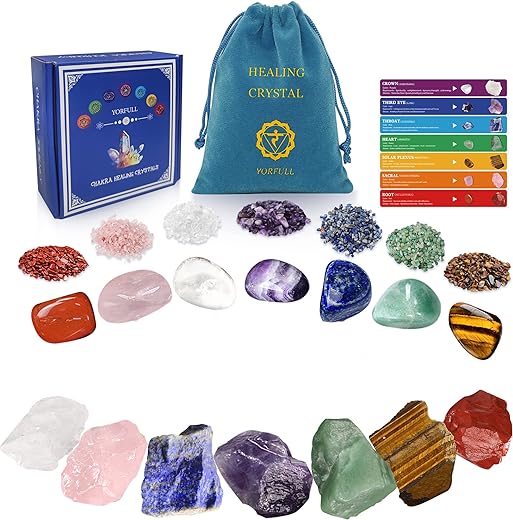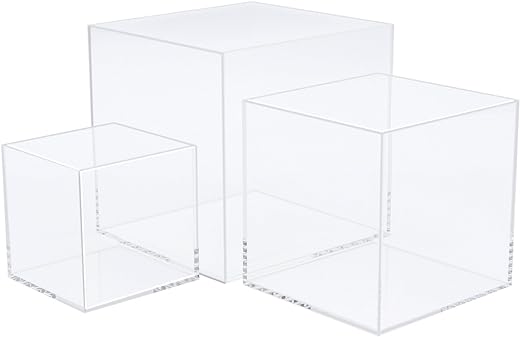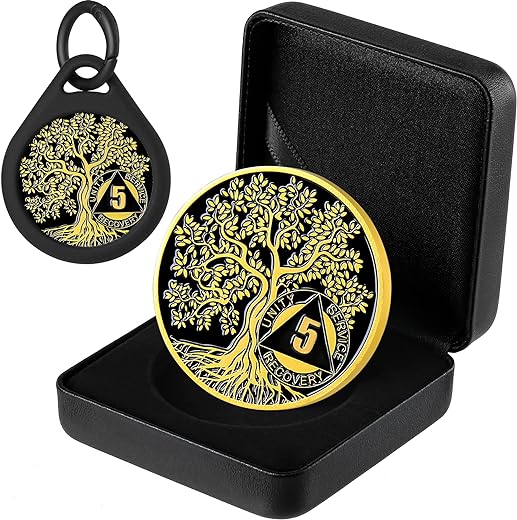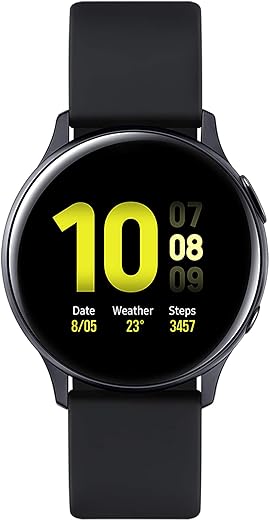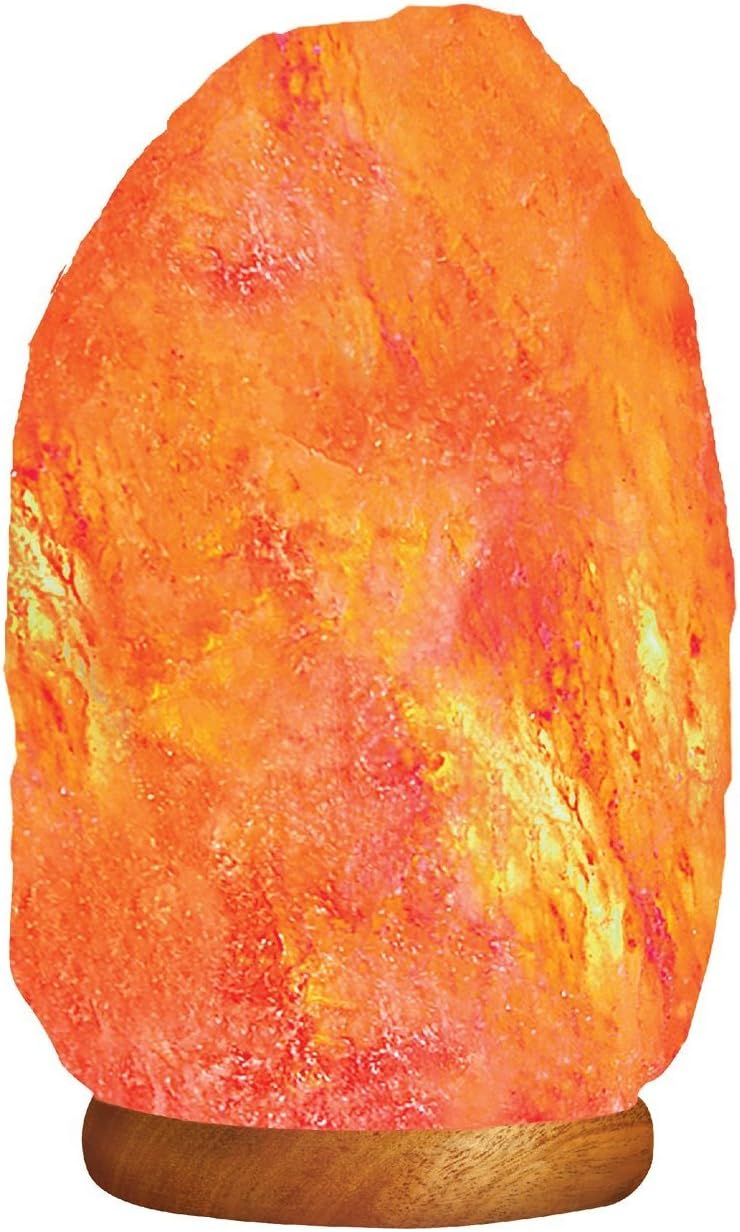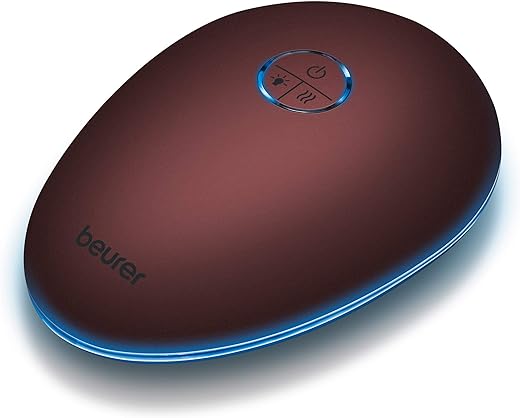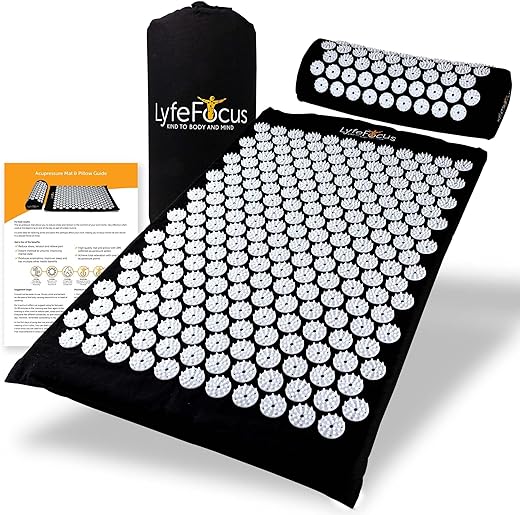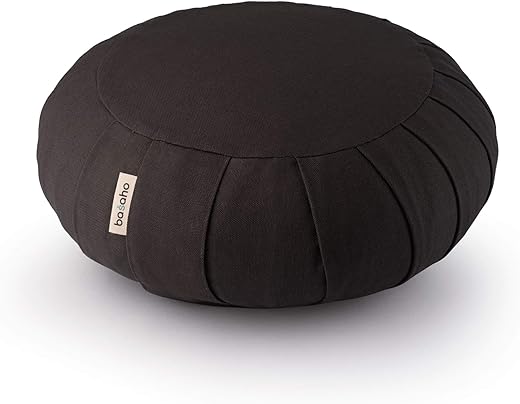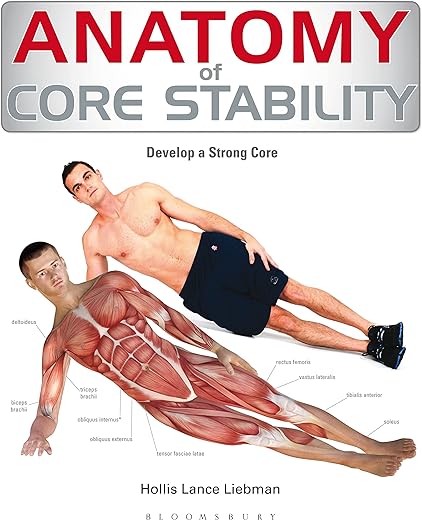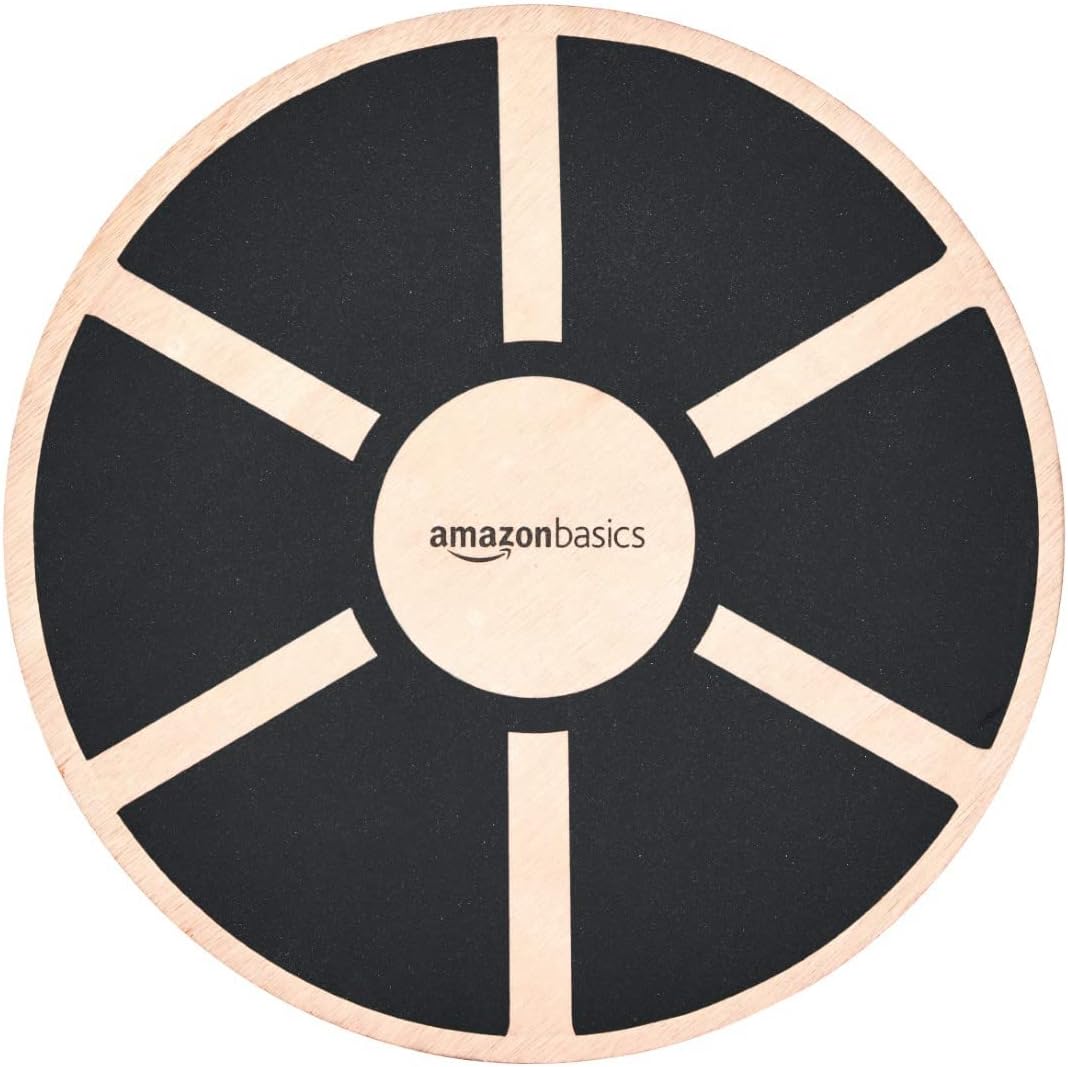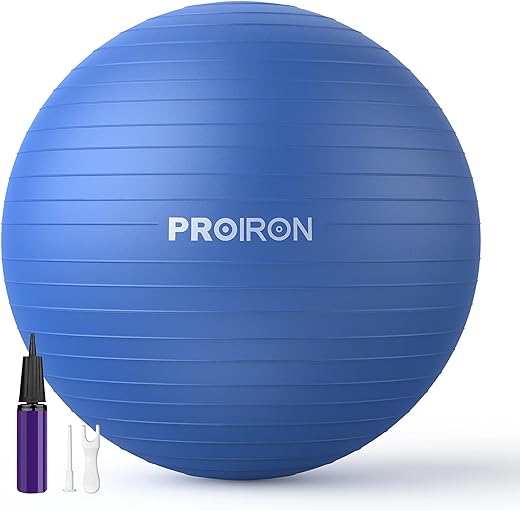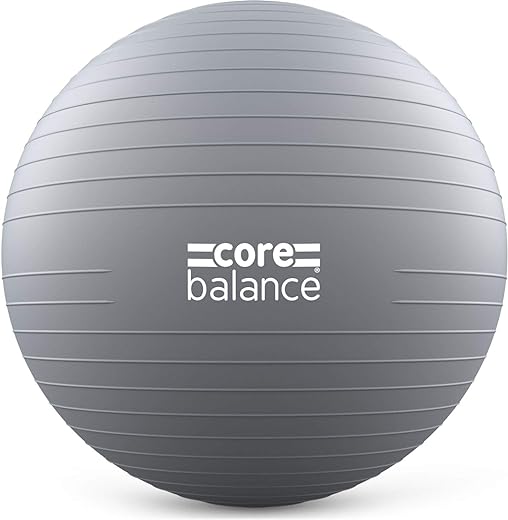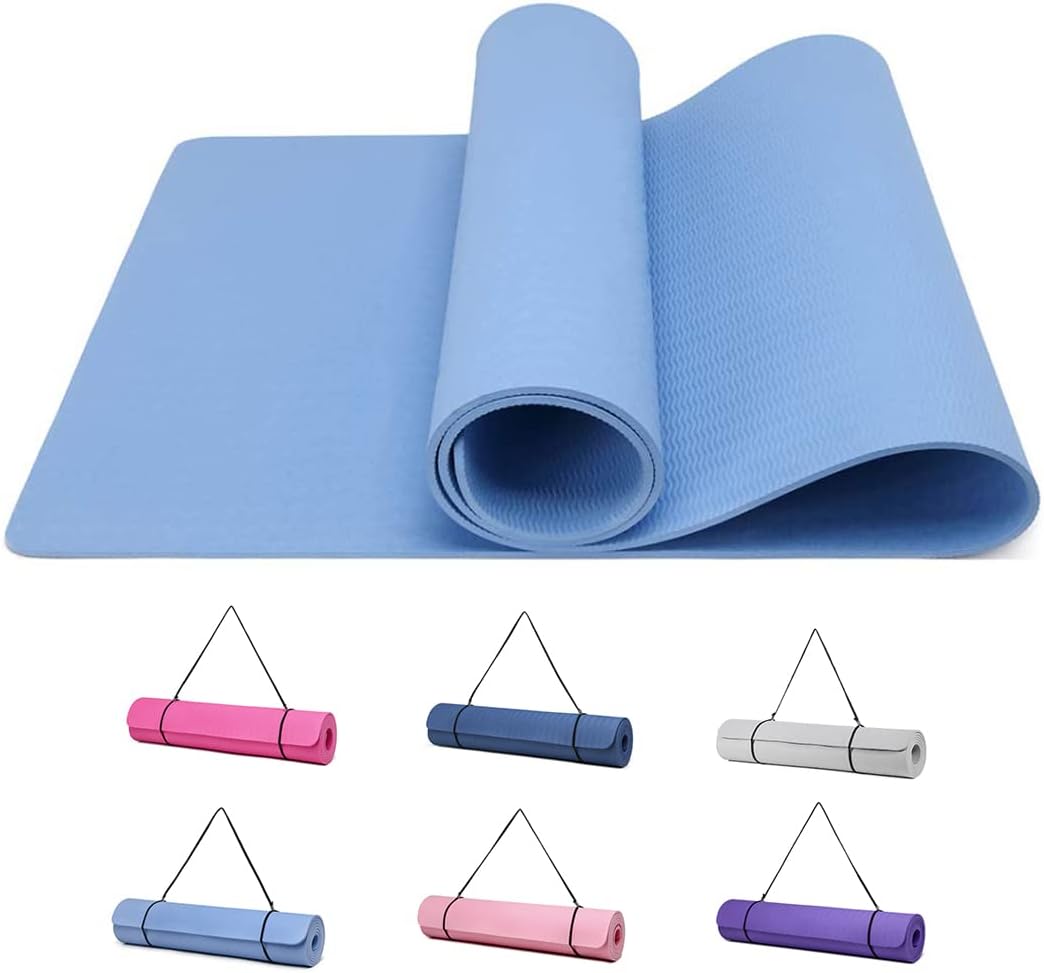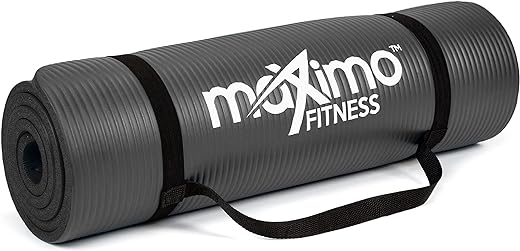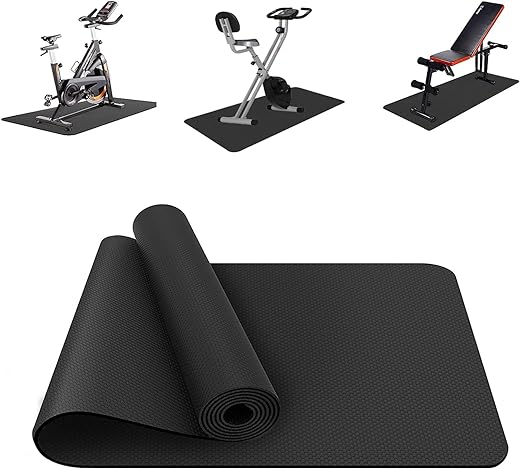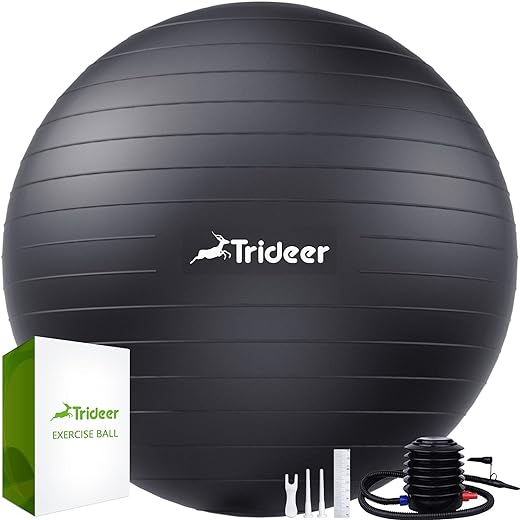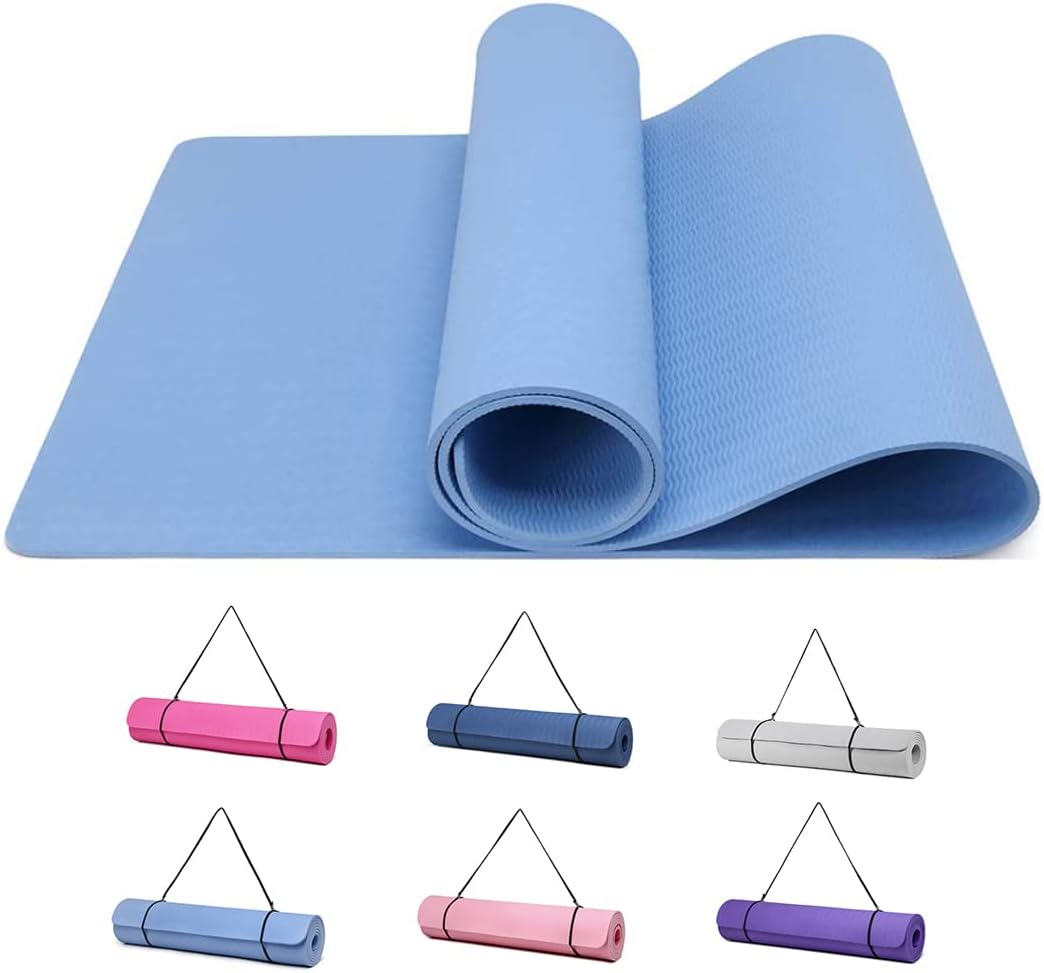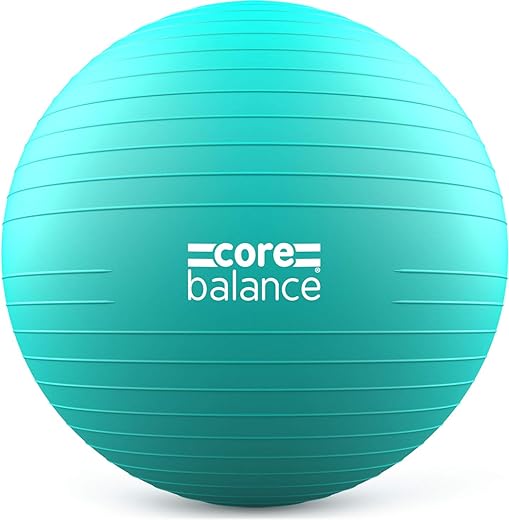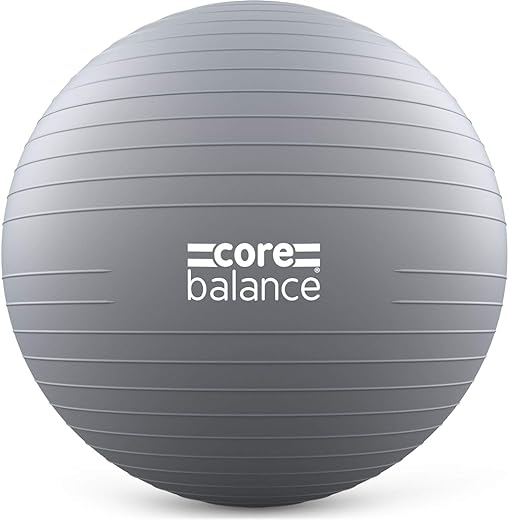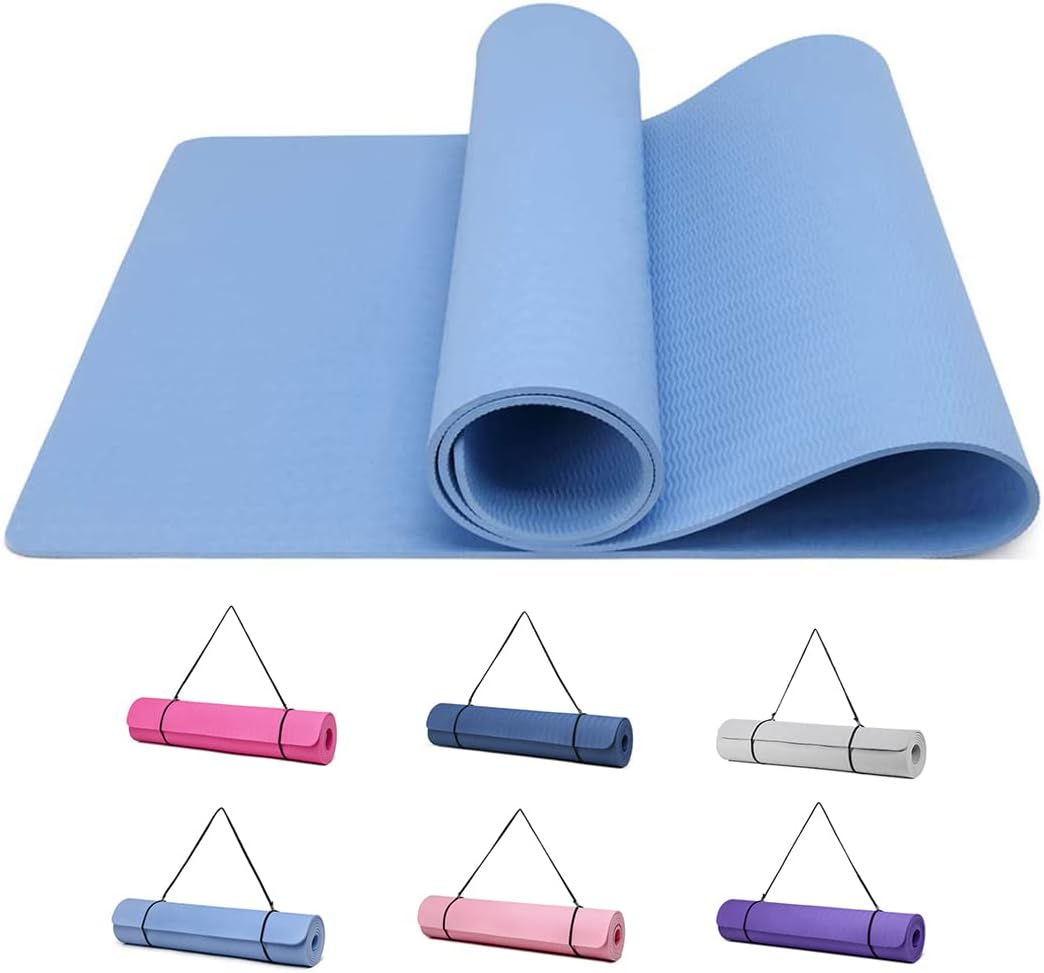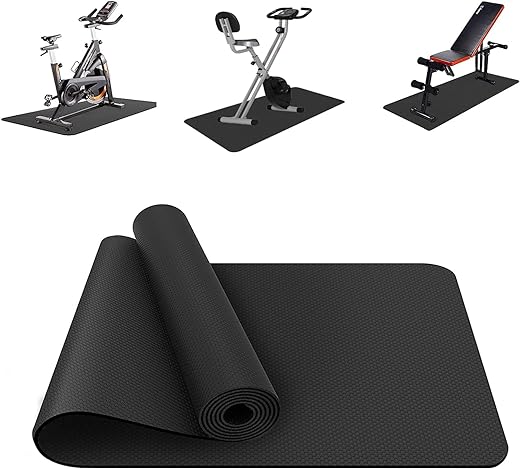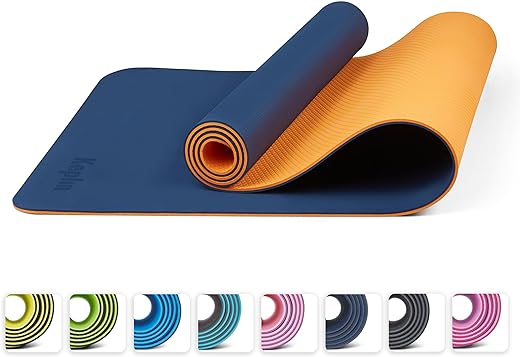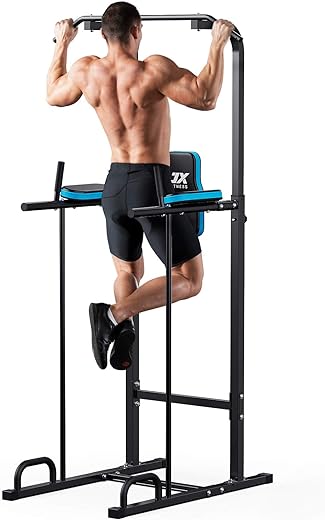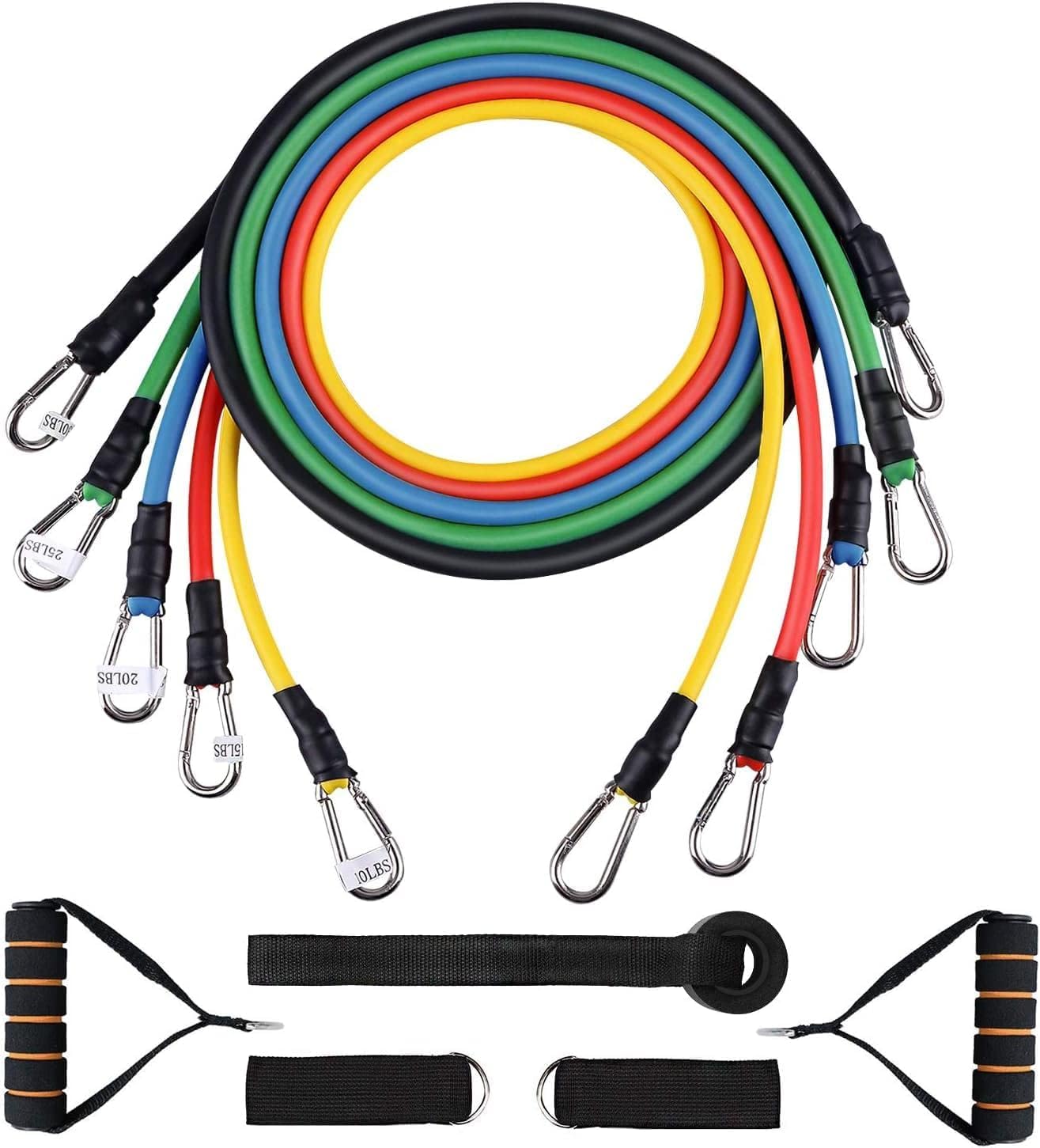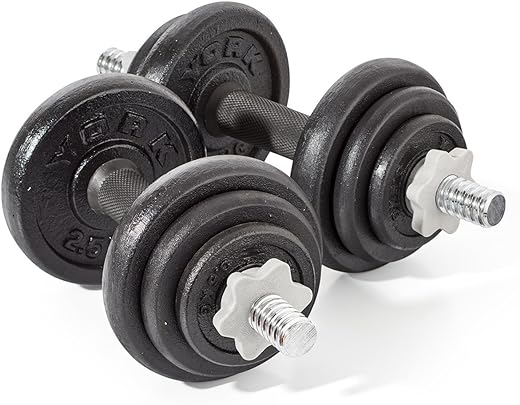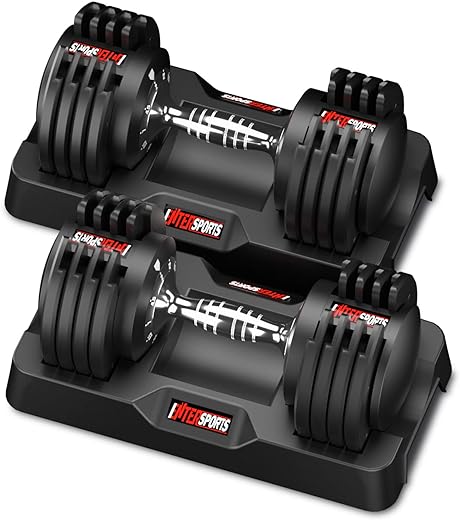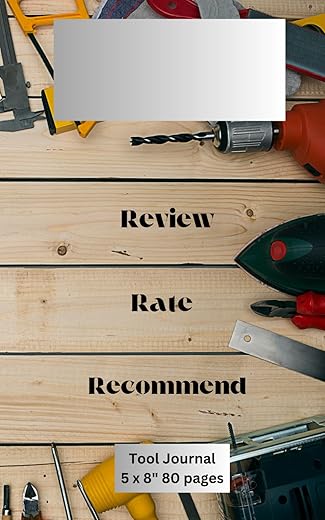Did you know that nearly 50% of DIY projects end in frustration due to the wrong tools being selected? If you’ve ever found yourself grappling with a drill that’s ill-suited for your task—or worse, stuck halfway through a project—you’re definitely not alone. Choosing the right drill can be a daunting task, especially with the myriad of options available in today’s market. Whether you’re a seasoned DIY enthusiast or just embarking on your first home improvement adventure, having the right drill in your toolkit can make all the difference. In this ultimate guide, we’ll break down the essential factors to consider when selecting a drill, explore the various types and features available, and help you find the perfect match for your unique project needs. Let’s empower your DIY journey together!
Understanding Drill Types
When it comes to home improvement projects or construction tasks, choosing the right drill is essential for efficiency and effectiveness. With a wide array of drills available on the market, each tailored to specific applications, it’s crucial to understand the strengths and ideal use cases of each type. In this section, we will explore the most common types of drills: corded drills, cordless drills, hammer drills, and specialty drills, providing you with the knowledge to make informed decisions.
Corded Drills
Corded drills are a reliable choice for heavy-duty tasks. Powered directly from an electrical outlet, they offer continuous power without the concern of battery life. This makes them perfect for prolonged use, especially in professional settings or extensive DIY projects.
Strengths:
- Consistent Power: No need to worry about a diminishing battery mid-task.
- High Torque: Typically provide greater torque than cordless models, making them suitable for tough materials like hardwood, metal, and masonry.
- Cost-Effective: Generally, corded drills are less expensive than cordless counterparts.
Ideal Use Cases:
- Construction Sites: Perfect for contractors who need a dependable tool for drilling into concrete or metal.
- Heavy DIY Projects: Ideal for home renovation tasks where power and runtime are needed.
Recommended Models:
- DeWalt DWD210G: A 1/2-inch, 10-amp, corded drill with a dual-range speed switch.
- Makita DP4010: Offers a 1/2-inch chuck and variable speed.
Cordless Drills
Cordless drills have gained immense popularity, particularly among DIY enthusiasts and professional tradespeople who value mobility and convenience. These drills operate on rechargeable batteries, allowing for easy maneuverability and usage without cords.
Strengths:
- Portability: Whether working in tight spaces or outdoors, the lack of cords makes them easy to use anywhere.
- Battery Options: Available with lithium-ion batteries that provide longer run times and quicker charge times.
- Versatility: Many cordless drills come with multiple speed settings and torque adjustments.
Ideal Use Cases:
- Home Use: Perfect for casual DIY projects requiring mobility.
- Light to Medium Construction: Suitable for tasks like assembling furniture or installing fixtures.
Recommended Models:
- Milwaukee M18 Fuel: A powerful cordless drill featuring a brushless motor and up to 1,200 in-lbs of torque.
- Bosch GSR18V-190B22: A compact drill with excellent battery life and versatility for everyday projects.
Hammer Drills
Hammer drills are specialized power tools designed to perform two types of actions: rotary drilling and a hammering action. This makes them an excellent choice for drilling holes into harder materials such as concrete, brick, and masonry.
Strengths:
- Dual Functionality: The hammering motion provides additional force, allowing for efficient drilling into tough surfaces.
- Precision: Many models come with adjustable settings for speed and hammering frequency.
Ideal Use Cases:
- Masonry Work: Essential for any project involving brick or concrete, such as installing shelves or securing fixtures.
- Heavy Construction: Ideal for professional trades that frequently work with heavy materials.
Recommended Models:
- Bosch HDH181X: Offers a robust motor and 3-in-1 capability as a hammer drill, impact drill, and regular drill.
- DeWalt DCD996B: A high-performance hammer drill featuring a powerful brushless motor.
Specialty Drills
Specialty drills cater to specific tasks and can include models designed for unique applications such as impact drills, right-angle drills, and magnetic drills. These tools are tailored to meet particular requirements, making them indispensable in certain scenarios.
Strengths:
- Task-Specific Design: Engineered to tackle specific challenges with effectiveness and precision.
- Innovative Features: Many come equipped with specialized features that enhance their usability for specific tasks.
Ideal Use Cases:
- Tight Spaces: Right-angle drills are perfect for areas with limited access.
- Metalworking: Magnetic drills specialize in drilling holes in metal surfaces for fabrication tasks.
Recommended Models:
- Milwaukee 2705-20: An impact driver known for its high torque and compact design, perfect for construction tasks involving screws.
- Makita DA3010F: A versatile right-angle drill with a 3/8-inch chuck for tight spaces.
Comparison Table of Drill Types
| Feature | Corded Drills | Cordless Drills | Hammer Drills | Specialty Drills |
|---|---|---|---|---|
| Power Source | Electrical Outlet | Rechargeable Batteries | Electrical Outlet | Varies by type |
| Torque | High (variable) | Moderate to High | High (added hammering function) | Varies by type |
| Portability | Limited (cord-dependent) | High (no cords) | Limited (cord-dependent) | Varies by type |
| Ideal Materials | Wood, Metal, Masonry | Wood, Light Metal | Concrete, Brick, Masonry | Specific to type |
| Typical Use Cases | Heavy-duty tasks, construction | Home uses, light projects | Masonry work, heavy construction | Unique tasks |
These varied types of drills are essential to any toolkit, each offering unique benefits tailored to specific tasks. Choosing the right drill can significantly impact the efficiency and success of your project, ensuring you have the right tool for the job at hand. With careful consideration of your specific requirements, you’ll be able to select the drill that will serve you best, facilitating smoother, more effective work.
Key Features to Consider
When selecting a drill for your DIY projects, understanding the various features is essential to ensure optimal performance and usability. Here, we will explore key specifications such as power, chuck size, speed settings, torque, weight, and battery life. This comprehensive overview will help you make an informed decision based on your specific needs.
Power
Power is a critical aspect of any drill, particularly for cordless models. It is typically measured in volts (V). Higher voltage means more power and efficiency, translating to better performance in tougher materials like hardwood or masonry.
- Example: The DeWalt DCD771C2 is a cordless drill with a 20V lithium-ion battery. This level of power is ideal for both drilling and fastening tasks, allowing you to handle a variety of materials without strain.
Chuck Size
The chuck size is another crucial feature to consider. It refers to the diameter of the drill bit that the chuck can accommodate. Standard chuck sizes include 1/4-inch, 3/8-inch, and 1/2-inch.
- 1/2-inch chucks are common in heavy-duty drills and are designed for larger bits, making them suitable for more demanding tasks.
- Example: The Milwaukee 2702-20 M18 features a 1/2-inch all-metal chuck, providing durability and the capability to hold larger bit sizes securely for rigorous applications.
Speed Settings
Speed settings determine how quickly the drill rotates. Many drills come with adjustable speed controls, allowing users to select the appropriate RPM (revolutions per minute) for different materials or tasks.
- Low Speed (0-600 RPM) is suited for driving screws or working with delicate materials.
- High Speed (600-2000 RPM) excels in drilling through harder substances.
- Example: The Bosch DDB181-02 offers two-speed settings (0-450 RPM and 0-1,300 RPM), offering versatility for both light and heavy drilling applications.
Torque
Torque is a measure of rotational force and is crucial for determining how well a drill can handle tough materials and different sizes of screws. It is typically measured in inch-pounds (in-lbs).
- A higher torque rating helps achieve better results in tougher materials while prolonging the life of the drill by reducing wear.
- Example: The Makita XFD131 comes with a torque rating of 1,250 in-lbs, making it capable of driving heavy-duty screws with ease.
Weight
The weight of the drill can impact usability, especially during extended use. A lighter drill can help reduce fatigue, enabling you to work for longer periods comfortably.
- Example: The Black+Decker LDX120C weighs just 3.5 pounds, making it an excellent choice for users who prioritize portability and ease of handling during extended projects.
Battery Life
For cordless drills, battery life is a significant consideration. The capacity of the battery can greatly affect how long the tool can be used before needing a recharge.
- Look for drills with lithium-ion batteries, as they tend to have longer life cycles and maintain power over time.
- Example: The Ryobi P1813 features an 18V lithium-ion battery that allows for up to 40% more runtime compared to older battery technologies.
Comparison Table of Key Features
| Feature | DeWalt DCD771C2 | Milwaukee 2702-20 M18 | Bosch DDB181-02 | Makita XFD131 | Black+Decker LDX120C | Ryobi P1813 |
|---|---|---|---|---|---|---|
| Power (Volts) | 20V | 18V | 18V | 18V | 20V | 18V |
| Chuck Size | 1/2-inch | 1/2-inch | 1/2-inch | 1/2-inch | 3/8-inch | 1/2-inch |
| Speed Settings | 0-450 / 0-1500 RPM | 0-550 / 0-2000 RPM | 0-450 / 0-1300 RPM | 0-600 / 0-2100 RPM | 0-400 / 0-1300 RPM | 0-450 / 0-1500 RPM |
| Torque (in-lbs) | 380 | 1,200 | 480 | 1,250 | 35 | 400 |
| Weight (lbs) | 3.6 | 3.5 | 3.2 | 4.0 | 3.5 | 3.7 |
| Battery Life | Good | Excellent | Good | Excellent | Good | Very Good |
By focusing on these key features, you can better identify the right drill that aligns with your project requirements, ensuring that you have the appropriate tool for any DIY challenge you might face.
Budgeting for Your Drill
When it comes to drilling tools, establishing a budget is essential for making a wise investment that balances quality and cost. By understanding the price ranges associated with different types and brands of drills, you can allocate your funds effectively and avoid the pitfalls of overspending. This section will provide a breakdown of options available in the marketplace while also outlining tips for finding a quality drill that meets your needs.
Understanding Drill Types and Their Price Ranges
Drills come in various types, each suited to different purposes. Here’s a breakdown of the main categories and their typical price ranges:
| Drill Type | Price Range | Typical Use |
|---|---|---|
| Corded Drill | $40 – $200 | General home use, DIY projects |
| Cordless Drill | $50 – $300 | Versatile, portable tasks |
| Hammer Drill | $70 – $400 | Heavy-duty tasks in masonry |
| Rotary Hammer Drill | $100 – $600+ | Professional jobs, extensive drilling |
Practical Examples of Drills by Type
- Corded Drill:
- Black+Decker 7.0 Amp ½-Inch Corded Drill
- Price: Approximately $50
- Features: Has a variable speed range, making it suitable for a variety of projects.
- Black+Decker 7.0 Amp ½-Inch Corded Drill
- Cordless Drill:
- DeWalt DCD771C2 20V Max Cordless Lithium-Ion Compact Drill
- Price: Around $179
- Features: Lightweight, provides 300 unit watts out of max power, perfect for home improvement tasks.
- DeWalt DCD771C2 20V Max Cordless Lithium-Ion Compact Drill
- Hammer Drill:
- Bosch 11255VSR 1-Inch Multi-Functional Hammer
- Price: Approximately $239
- Features: Excellent for drilling in tough materials like concrete and brick.
- Bosch 11255VSR 1-Inch Multi-Functional Hammer
- Rotary Hammer Drill:
- Makita HR2475 1-Inch Rotary Hammer
- Price: About $200
- Features: Ideal for heavy-duty tasks and offers efficient performance for demolition.
- Makita HR2475 1-Inch Rotary Hammer
Tips for Finding Quality Drills Without Overspending
Finding a quality drill involves balancing features with your budget. Here are some practical tips:
- Research Reviews: Websites like Home Depot and Amazon provide user reviews that can help you assess the reliability of various models.
- Consider Refurbished Tools: Brands like Bosch and DeWalt often sell certified refurbished tools at reduced prices, giving you quality at a lower cost.
- Look for Bundle Deals: Sometimes, retailers offer promotions where you can snag a drill with additional accessories, like a carrying case or bits, at a discount compared to purchasing separately.
- Seasonal Sales: Keep an eye out during peak shopping seasons (like Black Friday or Labor Day) when tools may be marked down significantly.
Long-Term Value versus Initial Cost
When it comes to spending your budget, bear in mind that the cheapest option isn’t always the most economical in the long run. Quality drills often feature:
- Longer Lifespan: Well-constructed drills from reputable brands like Milwaukee or Ridgid may seem pricier initially—around $200 to $500—but they can outlast cheaper alternatives that may fail after a couple of uses.
- Warranty Coverage: Brands such as Hilti offer warranties on their tools, meaning you won’t have to spend extra on repairs or replacements should something go wrong.
- Performance Efficiency: Investing in a higher quality drill can improve your efficiency and reduce frustration during tasks, potentially saving you additional costs in the long run.
Key Factors to Consider
When budgeting for your drill, consider the following key points:
- Your Specific Needs: What will you primarily use the drill for? Break down tasks, such as home repairs, hobby projects, or professional work.
- Frequency of Use: If you plan on using the drill frequently, opting for a tool that might cost more upfront can save you from having to replace it often.
- Accessories and Extra Costs: Don’t forget to budget for drill bits, cases, or other necessary tools that complement your drill. Brands like Skil and Craftsman offer value packs that include various bits, providing added savings.
By being informed and thoughtful about your budget and the options available, you’ll be able to select a drill that meets both your immediate needs and long-term expectations.
Summarizing Key Considerations for Your Perfect Drill Choice
In summary, choosing the right drill for your DIY projects is a critical step toward achieving effective and satisfying results. By familiarizing yourself with the various drill types, assessing essential features, establishing a budget, and heeding expert advice, you can make an informed decision. With the right drill in hand, you’ll be well-equipped to tackle any home improvement task, transforming your vision into reality with confidence and ease.

